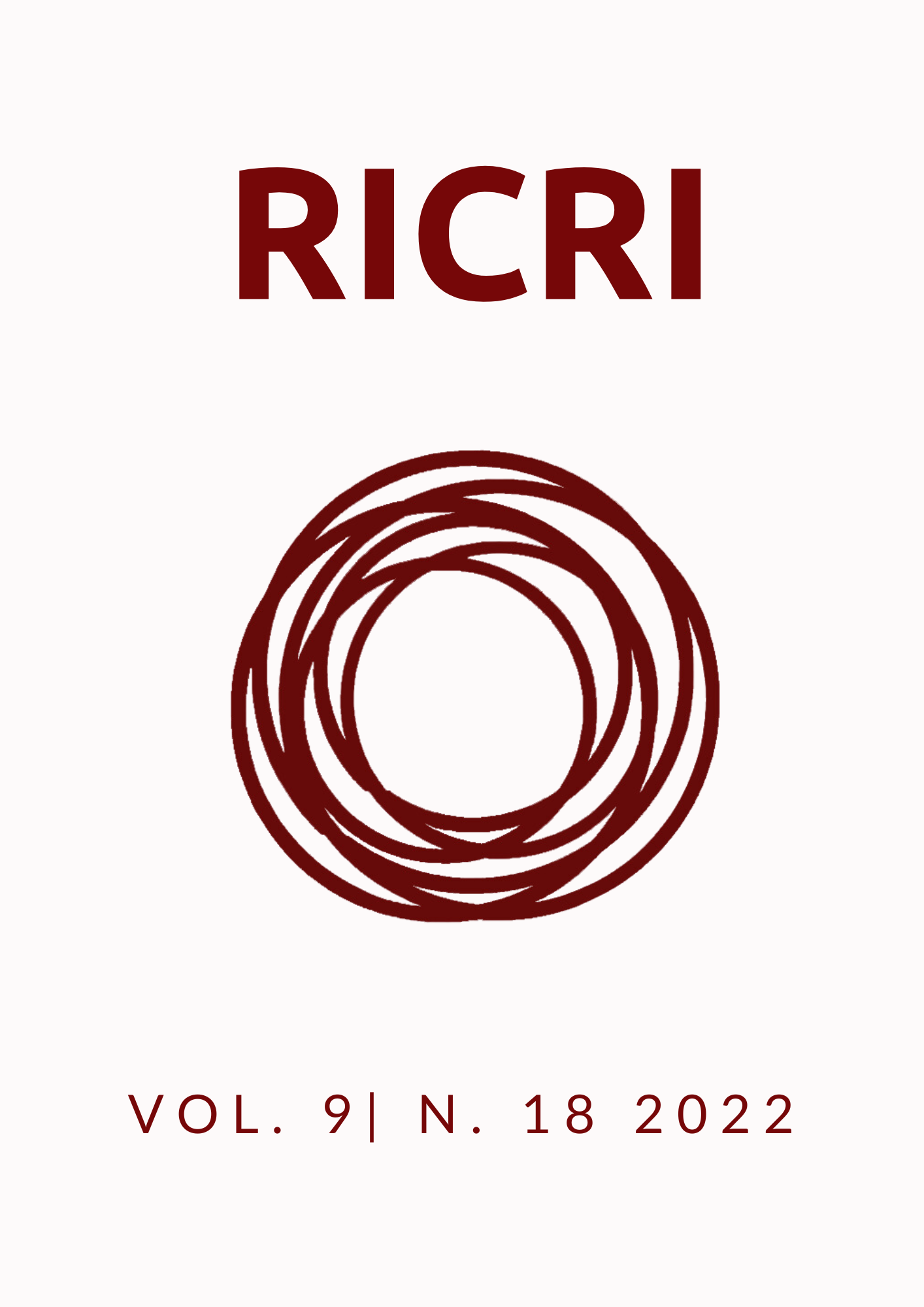O vazamento da WikiLeaks no governo Dilma Rousseff
Alterações da política externa, ações simbólicas e suas limitações
DOI:
https://doi.org/10.22478/ufpb.2318-9452.2022v9n18.60579Abstract
The leak promoted by Wikileaks, in 2013 and 2015, which exposed espionage carried out by the United States National Security Agency under the Brazilian government was an important issue to understand the analysis of the bilateral relations between Brazil and the United States. Thus, this research seeks to understand (i) whether this event somehow changed the policy between these countries, (ii) what the degree of change was and (iii) what are the motivations associated with this change. The hypothesis raised during the study is that there was a strong symbolic mobilization of the State's discursive apparatus, but without the objective of changing the Foreign Policy in the material and immediate plane. Thus, it is pointed out that such movement results from a correlation between foreign policy, domestic policy and the historical development of the Workers' Party in Brazil. Thus, the strong symbolic actions and the inexistence of material actions are linked to a structure in which part of the internal policy seeks to interfere in the formulation of foreign policy, even if institutionally the president is the main articulator of the directions of such policy.
Downloads
Published
How to Cite
Issue
Section
License
Copyright (c) 2022 Journal of Scientific Initiation on International Relations

This work is licensed under a Creative Commons Attribution-NonCommercial 4.0 International License.
Authors who publish with this journal agree to the following terms:
a. Authors retain copyright and grant the journal right of first publication with the work simultaneously licensed under a Creative Commons Attribution License that allows for sharing of work with acknowledgment of its initial publication in this journal.
b. Authors are able to take on additional contracts separately for non-exclusive distribution of the version of the work published in this journal (e.g., post it to an institutional repository or as a book), with an acknowledgment of its initial publication in this journal.
c. Authors are permitted and encouraged to post their work online ( eg, in institutional repositories or on their website) at any point before or during the submission process, as it can lead to productive exchanges , as well as increase the impact and citation of published work ( See the Effect of Open Access).




